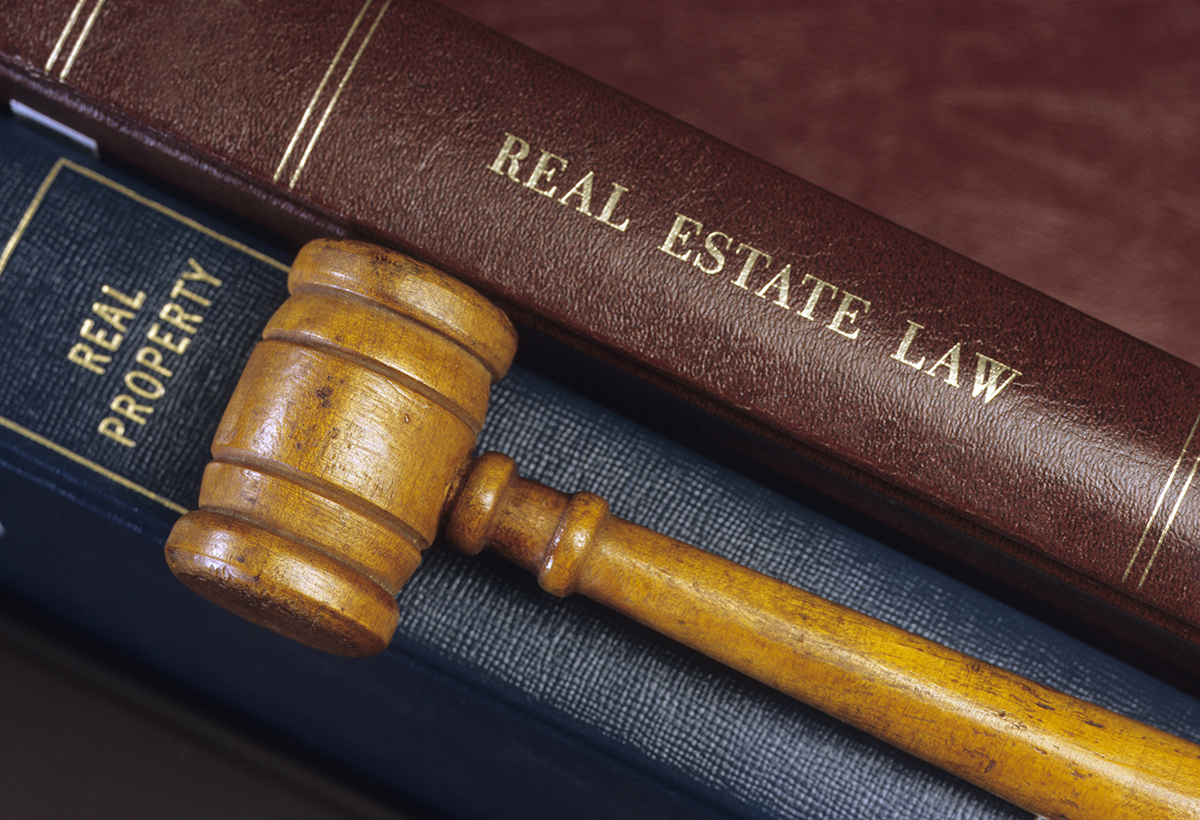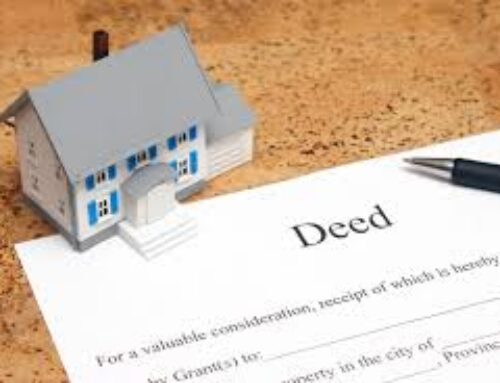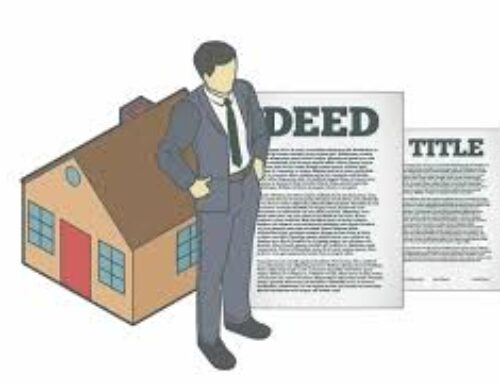In Florida, a person’s homestead is exempt from forced sale by judgment creditors. A homeowner can lose their homestead by failing to pay property taxes, mortgages or repairs or improvements which are properly perfected as a construction lien that is properly foreclosed. A judgment creditor (such as, for example, a bank that obtains a judgment against the homeowner for not paying a credit card balance) cannot, under current Florida law, force the sale of a person’s homestead property, by levying against the home.
The Florida Constitution has been interpreted to provide protection not only for the homestead property, but also for both the cash and non-cash proceeds from a sale of homestead property as well.
In the very recent case of JBK Assocs., Inc. v. Sill Bros., Inc. (which is not yet final until the time expires to file a motion for rehearing, and if filed, until that motion is determined), the Florida Supreme Court ruled that, under proper circumstances, such proceeds are protected.
However, the following requirements must be met:
(1) there must be a good faith intention, prior to and at the time of the sale, to reinvest the proceeds in another homestead within a reasonable time;
(2) the funds must not be commingled with other monies; and
(3) the proceeds must be kept separate and apart and held for the sole purpose of acquiring another home.
Further, “only so much of the proceeds of the sale as are intended to be reinvested in another homestead may be exempt.”
Accordingly, if a homeowner has judgments which have been entered against him and wants to sell his homestead property (perhaps to downsize into a smaller home), and plans to reinvest all or some of the proceeds in a new homestead, it is vitally important to seek legal advice in order to maintain the benefits of the homestead protection from the claims of those judgment creditors.








Stay In Touch